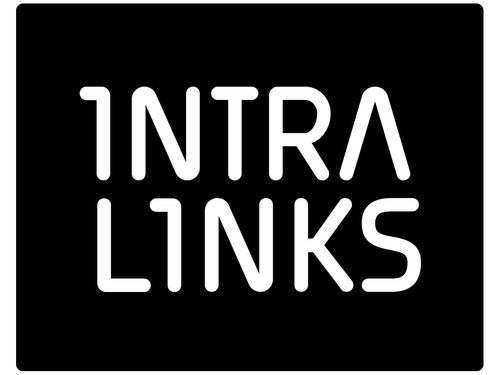Intralinks® Holdings, Inc. (NYSE: IL), a leading, global SaaS provider of inter-enterprise content management and collaboration solutions, has announced new research into the value Information Rights Management (IRM) can bring to the changing mobile and remote working environment.
The research, conducted by Ovum, Ltd., a market-leading analyst house focused on converging IT, telecoms, and media markets, highlights that most organisations do not offer adequate protection for commercially sensitive documents outside the firewall and fail to grasp the importance of documents being controlled for their lifetime.
Within the current business climate there are several issues and practices that deter the effective management and protection of sensitive documents and corporate information. The unsanctioned use of consumer grade file sync and share or document management systems, the proliferation of mobile devices in the workplace, and the need to share information with vendors, partners, or others outside enterprise walls have created an even greater risk of data leakage and non-compliance. New technological developments and changing regulatory environments have completely changed the way one looks at traditional information boundaries.
Ovum indicates that IRM solutions can be used to meet the need for secure collaboration in today’s mobile and remote enterprise. However, many of the existing IRM solutions posed adoption challenges due to a less-than-seamless end-user experience that required the use of 3rd-party plugins or software downloads.
“The lack of corporate control over documents opens organisations up to the risk of non-compliance with regulatory requirements,” said Sue Clarke, senior analyst at Ovum. “IRM technologies provide visibility, governance, and lifetime control over content, which helps organisations to comply with the growing number of regulations and legislation.”
To overcome security and adoption challenges, Ovum highlights the need for next generation IRM products with flexible and robust technology that works within existing workflows and protects documents at the file level. File-level control and audit trail capabilities can enable enterprises to manage the content, protect intellectual property, prevent data loss, and meet regulatory requirements.
“Keeping documents confidential in the mobile age is increasingly difficult,” says Eli Potter, senior director of business applications at ServiceSource. “Information is an asset which has value to the business and needs to be suitably protected. Having IRM is vital to the success of a company’s sharing strategy and keeping its data safe.”
About Intralinks
 Intralinks Holdings, Inc. (NYSE: IL) is a leading, global technology provider of inter-enterprise content management and collaboration solutions. Through innovative Software-as-a-Service solutions, Intralinks solutions are designed to enable the exchange, control and management of information between organisations securely and compliantly when working through the firewall. More than 3.1 million professionals at 99% of the Fortune 1000 companies have depended on Intralinks’ experience. With a track record of enabling high-stakes transactions and business collaborations valued at more than $23.5 trillion, Intralinks is a trusted provider of easy-to-use, enterprise strength, cloud-based collaboration solutions. For more information, visit www.intralinks.com.
Intralinks Holdings, Inc. (NYSE: IL) is a leading, global technology provider of inter-enterprise content management and collaboration solutions. Through innovative Software-as-a-Service solutions, Intralinks solutions are designed to enable the exchange, control and management of information between organisations securely and compliantly when working through the firewall. More than 3.1 million professionals at 99% of the Fortune 1000 companies have depended on Intralinks’ experience. With a track record of enabling high-stakes transactions and business collaborations valued at more than $23.5 trillion, Intralinks is a trusted provider of easy-to-use, enterprise strength, cloud-based collaboration solutions. For more information, visit www.intralinks.com.
The opinions expressed in this post belongs to the individual contributors and do not necessarily reflect the views of Information Security Buzz.



